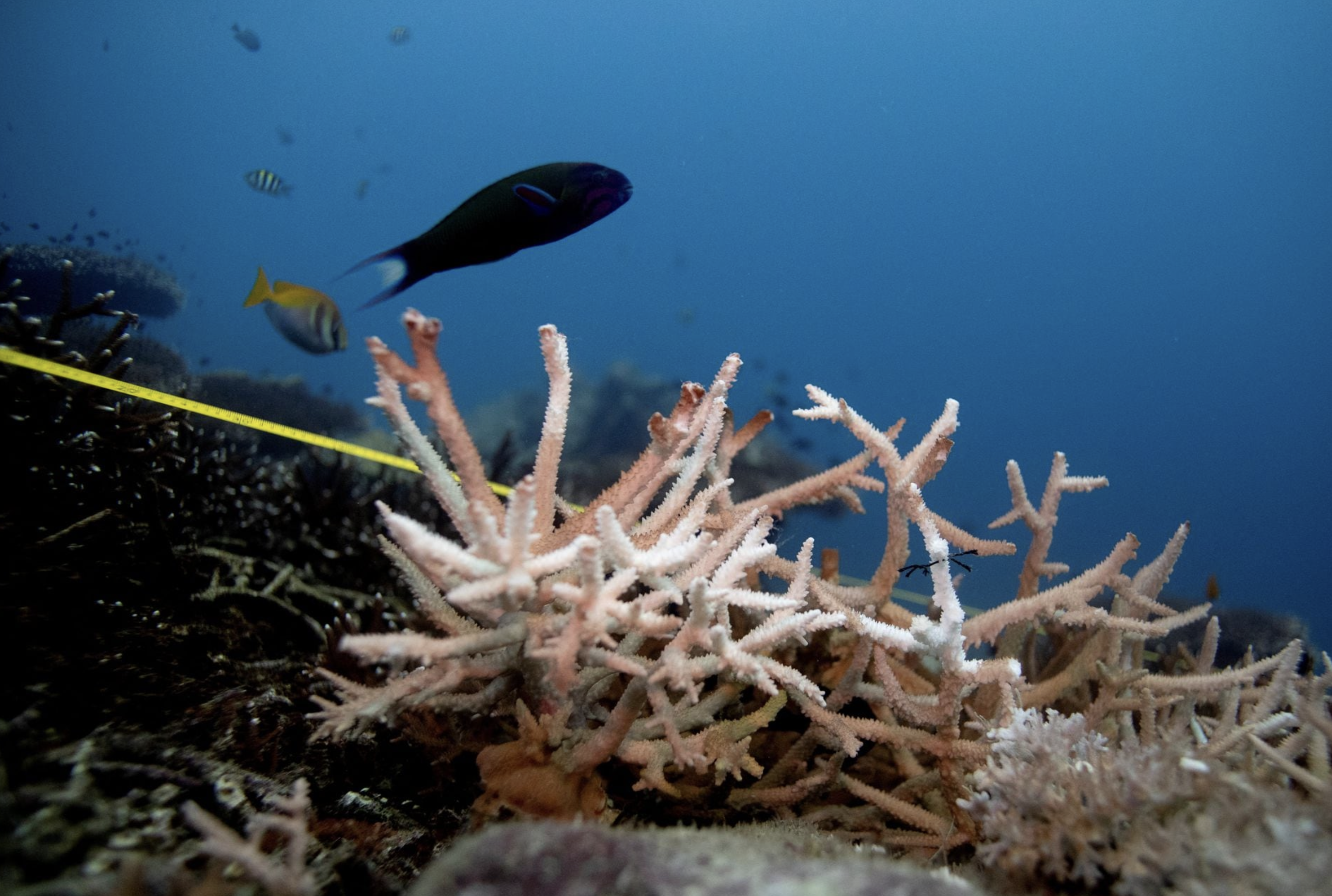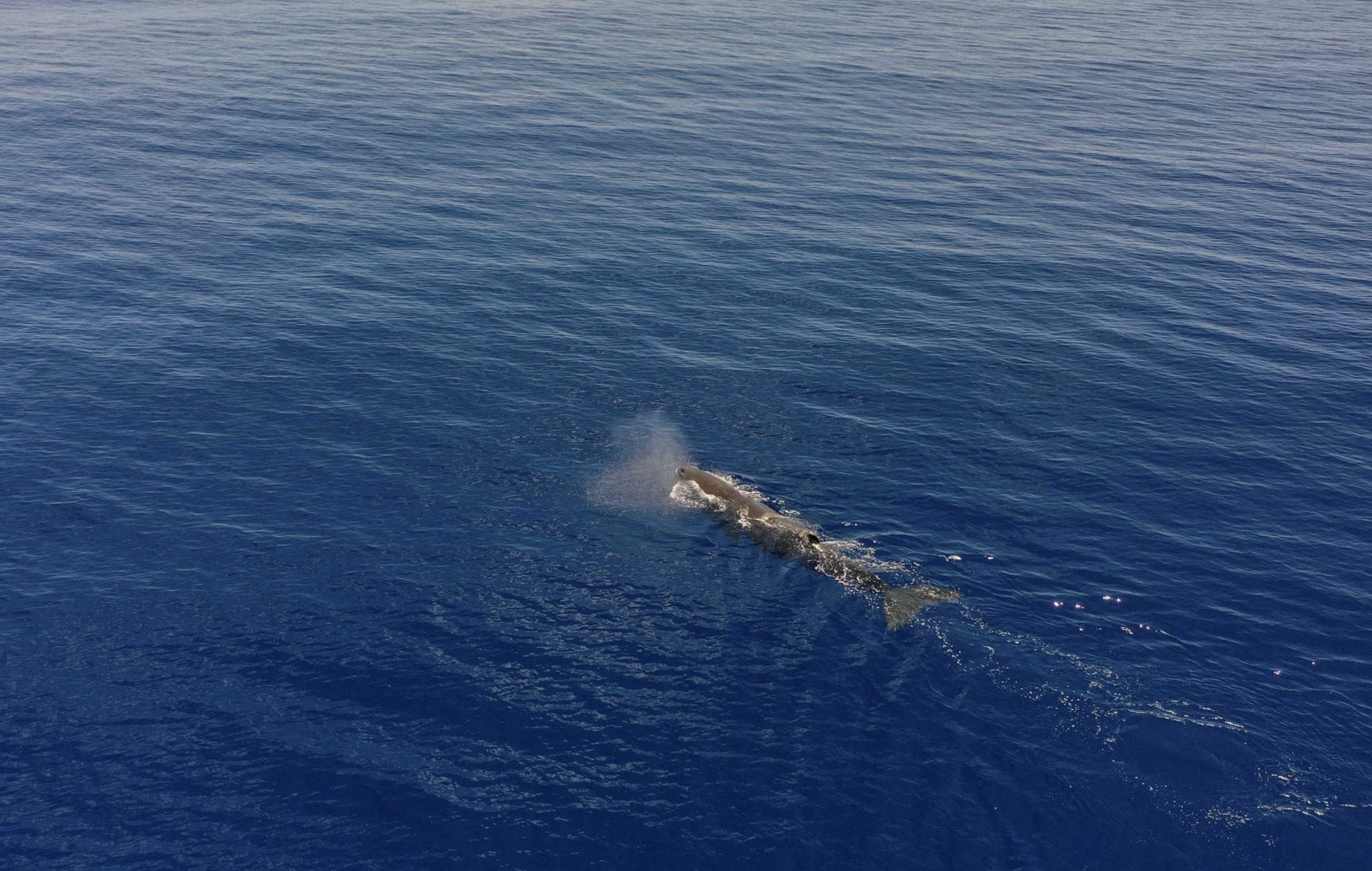LONDON -- Ocean temperatures hit a record high in February, with the average global sea surface temperature at 21.06 degrees Celsius (69.91 degrees Fahrenheit), the EU's Copernicus Climate Change Service (C3S) said on Thursday.
February's average sea surface temperature surpassed the previous record of 20.98 C (69.77 F) set in August 2023, in a dataset that goes back to 1979.
The concerning marine record arrived during what was also the hottest February on record, marking the ninth consecutive month with such a milestone for the respective month.
Marine scientists warned this week that a fourth global mass coral bleaching event is likely unfolding in the Southern Hemisphere, driven by warming waters, and could be the worst in the planet's history.
Corals bleach under heat stress, expelling the colourful, helpful algae that live in their tissues, leaving behind a pale skeleton. This makes them vulnerable to starvation and disease, and many die. This can lead to the collapse of fragile reef ecosystems, with coastlines left unprotected from erosion and storms and fisheries falling short.
|
|
| A surfer rides a wave in the Atlantic Ocean off Belmar, New Jersey, U.S., November 27, 2023. Photo: Reuters |
An El Nino climate pattern, borne out of warmer than usual surface waters in the Eastern Pacific, alongside human-caused climate change is fueling the extra heat.
"What is more surprising is that sea surface temperatures are at record levels over regions far away from the centre of the El Nino action, such as the tropical Atlantic and Indian Ocean," said climate scientist Richard Allan of the University of Reading.
|
|
| A sperm whale is seen swimming on the Indian Ocean surface during the Greenpeace's Arctic Sunrise expedition at the Saya de Malha Bank within the Mascarene plateau, Mauritius March 14, 2021. Photo: Reuters |
This, he said, pointed to the strong influence of rising greenhouse gas emissions in the atmosphere.
While the global average sea surface temperature record excludes the polar oceans, things are in bad shape there, too.
Antarctic sea ice reached its annual minimum extent in February, registering its third lowest extent on record at 28 percent below average.
El Nino is now weakening in the equatorial Pacific, C3S said, but air temperatures over the oceans remain at an unusually high level.




















































